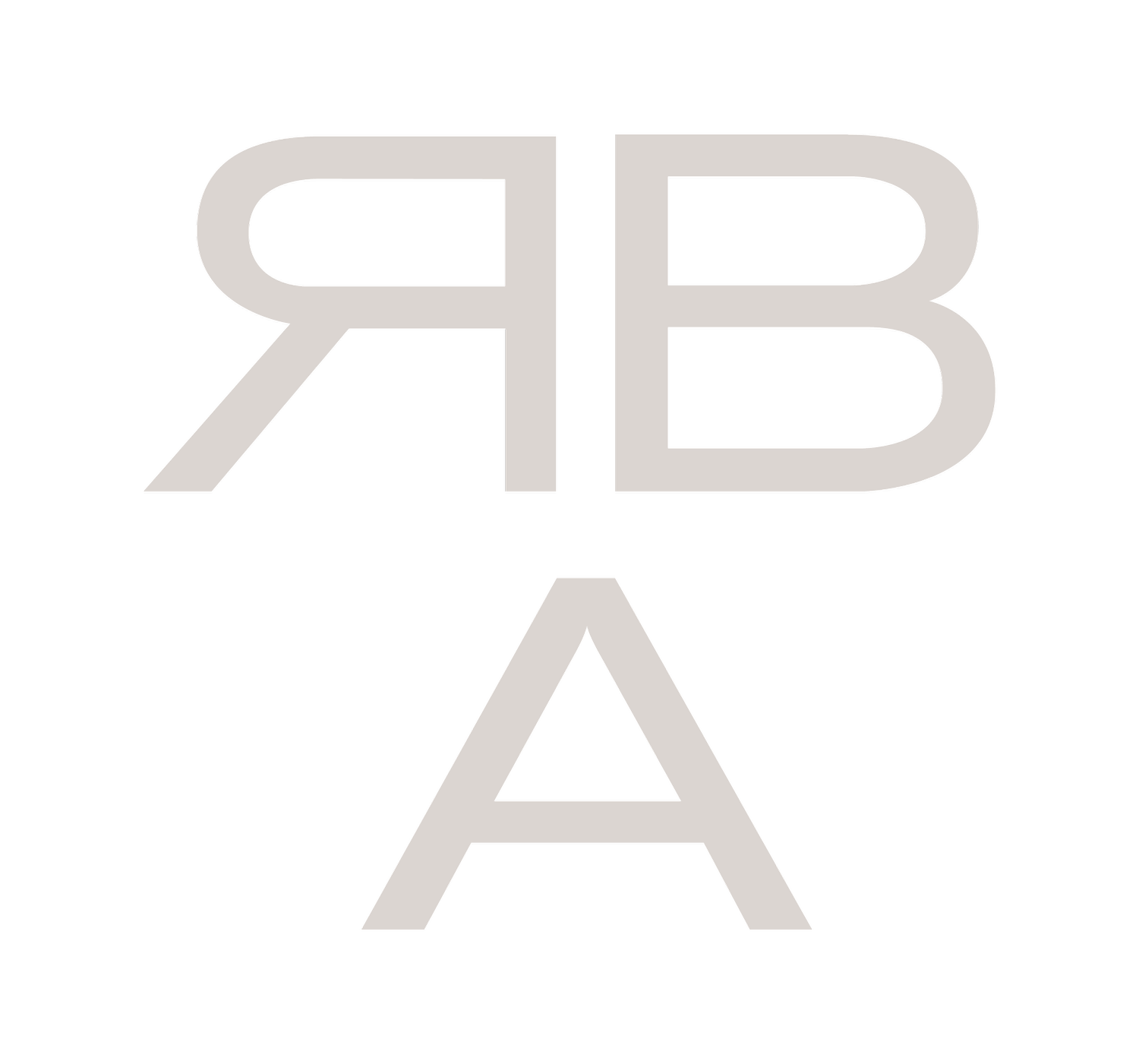–
After nearly 55 years as a family-run business, Etro—the Italian luxury mark known for its paisley motif on rich textiles inspired by Silk-road travels—is looking outside the family to take the brand forward in the 21stcentury. On Sunday, L Catterton released a statement announcing their acquisition of the brand, making them majority stakeholders. According to Reuters, sources familiar with the deal said L Catterton would obtain 60 percent of the company in a deal set to finalize by the end of the year. The deal values Etro at around 500 million euros, the sources said, confirming information from Italian newspapers La Repubblica and Il Sole 24 Ore.
Etro remained not only a family business but a tight-knit one at that. Founded in 1968 as a textile company by Gerolamo Etro, his four children Kean, Jacopo, Veronica and Ippolito, have keys roles in management and creative aspects of the brand. Until this deal, Etro stood alongside Ferragamo as one of the last remaining family-owned luxury houses.(Ferragamo ranked 39 out of 100 on Deloitte’s Global Powers of Luxury Goods 2020 study while Etro did not place.) Gucci and Versace, to name two, have been scooped up by other groups, Kering and Capri Holdings Ltd., respectively. Gerolamo will become Chairman, and the remaining four siblings will remain shareholders with a 40 percent stake.
From L Catterton's perspective considering their roster of over 200 investments since 1989 and a fund valued at $28 billion, it fits a pattern of acquisitions with a strong name and brand DNA.
According to Robert Burke, a retail consultant and principal of Robert Burke and Associates, Etro checks those boxes. "This is a brand with enormous potential," he said, noting its multi-categories menswear, women's, accessories, home, fragrance and gift items. "It's very identifiable and one of the few brands that's remained pure to its vision," he added, remarking on the lack of diffusion or secondary lines or brand collaborations.
He sees the family-business approach as a significant asset too. "You would be hard-pressed to have a more family-run organization and that is part of the allure. There is a face you can recognize associated with it." He praised their retail savvy that translated into real estate acquisitions such as the Madison Avenue building that houses the store and New York offices.
Still, he sees support from L Catterton to properly invest in the e-commerce platform a necessary boost. "It's so paramount to invest in and have a strong online presence. Today the markets have sped up so quickly—especially with the importance of China, the Middle East, Mexico and Brazil—it's not enough to be adequate digitally," he suggested.
Some of the more prominent luxury brand names in the L Catterton portfolio include Baccarat, Piazza Sempione, Giuseppe Zanotti, Gentle Monster and John Hardy. In recent months they acquired Birkenstock, which has been skewing its product upwardly with designer collaborations. Rihanna's wildly popular and democratic Savage X Fenty lingerie brand was added to the roster earlier this year. In 2018, they acquired Jessica Alba's clean skincare brand, The Honest Co.
On the mass level, they claim brands such as PF Chang's China Bistro Inc., Wolfgang Puck Food Company, Inc., Anthony's Coal Fired Pizza and Wings, Build-A-Bear Workshop. Fitness, Medical and Tech-based services such as Classpass and Flash Parking also hold considerable space in the portfolio. There is speculation that L Catterton is also considering going public, as reported in Reuters.
In between the luxury and mass brands are names with perceived luxury that have evolved in scale since the investment or sell the idea of luxury at aspirational prices. The former are companies such as Equinox and Bliss were once high-end exclusive enterprises scaled to a broader demographic. The latter brings to mind brands such as Restoration Hardware, Ganni and SMCP, which includes the French-founded fashion labels Sandro, Maje, Claudie Pierlot, De Fursac that sell on-trend clothing at contemporary price points and opened retail locations in almost every corner of Paris. The look is more luxurious than the actual product but fits consumer desire.
This mentality of the last group could be of concern to Etro's luxury legacy. In some cases, according to a source familiar with an L Catterton investment, a brand's luxury status can be jeopardized as hand-crafted goods are reproduced in quantity and sold via mass outlets such as Costco and televised shopping programs such as QVC. The perception to average consumers is luxury, but in fact, the end product has been diluted. In time, this denigrates a brand.
According to Statista, a report issued in June 2020 showed consecutive years of losses beginning in 2016 through 2018; in total, the net loss for those years was 31.2M Euros. In the statement released by L Catterton, Etro will leverage "L Catterton's deep investment expertise, category knowledge, consumer insights and strategic relationships with LVMH, Etro will be poised for significant growth." Specific aims include growing the customer base by reaching a younger generation, enhancing its digital presence, and driving global expansion, focusing on significant opportunity in Asia. With an aging founder and deep losses, the timing certainly makes sense to find a partner to guide the next phase, and L Catterton brings the cash needed to do so.

